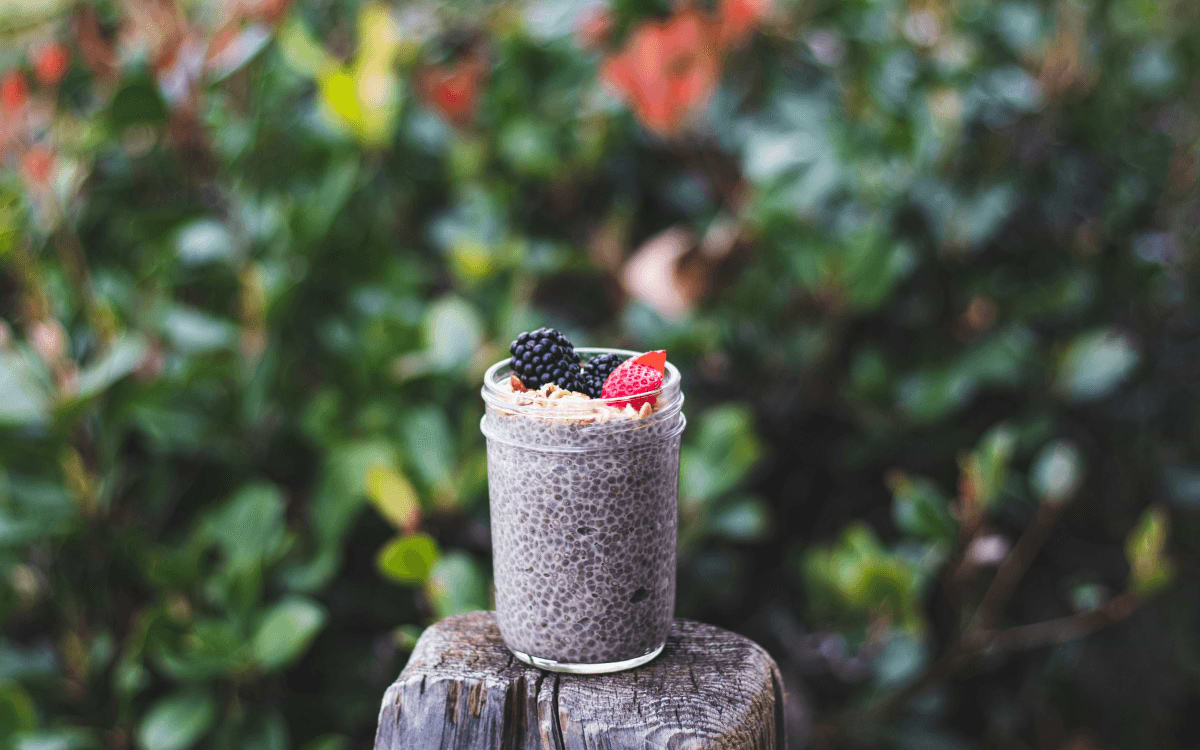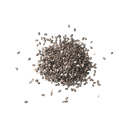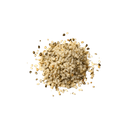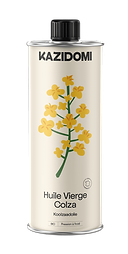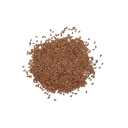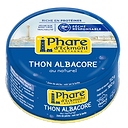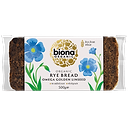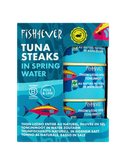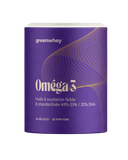Omega-3 are essential fatty acids. Our body needs them to function properly, but it cannot produce them on its own. They play a crucial role in heart and brain health, mood regulation, and joint flexibility. Yet, according to several studies, most Europeans do not meet their daily requirements.
And you? Do you know if your intake is sufficient? This quick test will help you find out and identify solutions suited to your lifestyle.
The test: assess your intake
For each question, answer yes or no.
- Do you eat fatty fish (sardines, mackerel, salmon…) at least twice a week?
- Do you regularly use rapeseed, flaxseed, or camelina oil, raw, in your meals or salads?
- Do you often add chia, flax, or hemp seeds to your meals?
- Do you take an omega-3 supplement (fish oil or microalgae)?
- Do you consume eggs enriched with omega-3 from labels such as Bleu-Blanc-Cœur or Label Rouge Colombus?
- Is your skin supple, well-hydrated, and rarely dry?
- Do you rarely experience concentration or memory issues?
- Is your mood generally stable, without major fluctuations?
- Do you regularly eat walnuts or hazelnuts, known for their ALA content?
- Do you limit processed foods in favor of fresh, whole, and unprocessed foods?
Your results
8 to 10 YES answers Your omega-3 intake seems very good. Keep varying your sources to maintain this balance.
5 to 7 YES answers You’re on the right track, but a few adjustments (more fatty fish, ALA-rich oils, or supplements) could be beneficial.
0 to 4 YES answers Your intake is probably insufficient. This may affect your cardiovascular, cognitive, and emotional health. It’s time to rebalance your sources.
How to increase your omega-3 intake
Include two portions of fatty fish per week
Salmon, sardines, mackerel, or herring are excellent sources of EPA and DHA. Prepare them simply: steamed, baked, or in salads. Avoid intense cooking methods that can damage fatty acids.
Use ALA-rich oils daily
Rapeseed, flaxseed, and camelina oils are particularly beneficial. Replace sunflower oil in your dressings with one of these, and use them always raw to preserve their benefits.
Add seeds to your meals
Chia, flax, or hemp seeds are easy to include in your diet:
- Sprinkle on yogurt, porridge, or compote.
- Add to salads or soups before serving.
- Incorporate into breads, patties, or homemade crackers.
Prefer chia seeds soaked in liquid (chia pudding). Ground flaxseeds are best, stored in the fridge.
Eat walnuts regularly
A daily handful (about 30 g) of walnuts provides a good dose of ALA. Enjoy them as a snack, in muesli, or chopped into salads.
Choose omega-3 enriched eggs
Opt for eggs from hens fed with flaxseed, such as Bleu-Blanc-Cœur or Label Rouge Colombus, naturally higher in omega-3.
Consider a supplement if necessary
If you eat little or no fish, supplements can help. Fish oil capsules provide EPA and DHA directly, while microalgae oils are a vegan alternative.
In summary
Getting enough omega-3 supports your heart, brain, and overall well-being. Vary your sources, combine marine and plant-based options, and consider supplements if needed.

